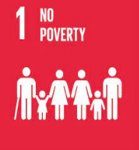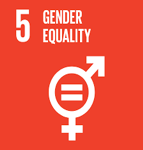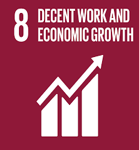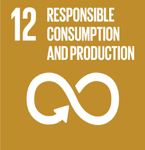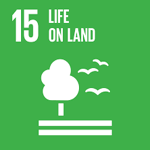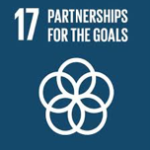General Context
Café Africa Tanzania’s main aim is to improve farmers’ livelihoods in Tanzania through increased coffee productivity and quality in line with the National Coffee Strategy. Café Africa Tanzania supports national and zonal platforms working on critical industry topics and coordination of work on issues integrated into national institutions, to achieve an improved coffee production system. We have a particular focus on rekindling interest in the coffee sector among young people for whom it provides opportunities for jobs and livelihoods.


